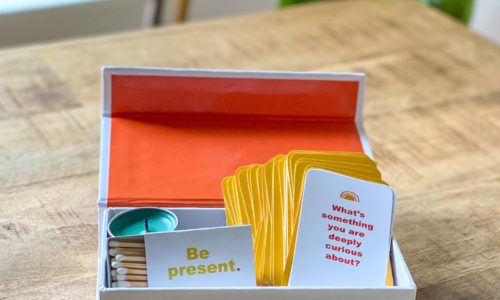At Acton we often talk of gifts and talents. Our current projects have added a mathematical element to this discussion: can you calculate your odds of success?
As the Eagles have been busily wrestling with the theory of probabilities and risk assessment, the Socratic discussions have all pointed to the question: Does the past determine the future? More personally, can I determine my future based on my actions today? And further, if I know myself better, can I increase my odds of success in achieving my goals?
The rigor of the mathematics required in the process of this study was equal to the fun. Bravo to our Anna B. Smith for masterfully designing the quests.
Interestingly, the students are left to dig deep into themselves to decide whether they will leave their successes up to luck, talent or hard work. Only they can make the choice. It doesn’t work to have a teacher or a parent hover over until it’s finished. Those are short-term fixes for a lifetime challenge.
How do you build a work ethic? Why do some people seem to work hard naturally and others never feel the desire? Is talent enough? The middle school students watched this interview with Will Smith to launch their discussion of talent versus work: https://www.youtube.com/watch?v=OTyN0upf8Ws
At Acton, there is a practice of rigor in our daily work that is unique because it is a bit disguised. “Rigor” is not the word our students use when describing the school. Neither is it the element of our program that observers initially notice. When people first observe our school the comment I get 99% of the time is: “The students are so happy. They are having so much fun.”
It is only later that people begin to notice the rigorous work of the students. There are layers of systems undergirding the students and it takes a keen observer to pick up on these layers which we call our “levers of control.”
Because our community focuses on goal-setting, tracking and accountability, there is no room for slacking off. In fact, it becomes clear very quickly when a student is choosing not to work. Without authoritatively directing them to get to work, what do we do about this? How do you get children to work hard on their own? Is it fear of failure that might hold someone back? Is it rebellion? Is it feeling lost and not connected to the work? When I see my children choosing the easy way out of something, how do I lovingly guide them into that hard place of challenging work?
These are questions Jeff and I talk about late into the night. Beyond the peer pressure to work hard at our school, our hope is that the love of learning and the joy of achievement are the hooks. Maybe this intriguing combination will be their lottery ticket to discovering the joy of hard work that unwraps the treasure of talent.
I believe this will be the only sure bet. As Samuel Goldwyn said, ““The harder I work, the luckier I get.”


